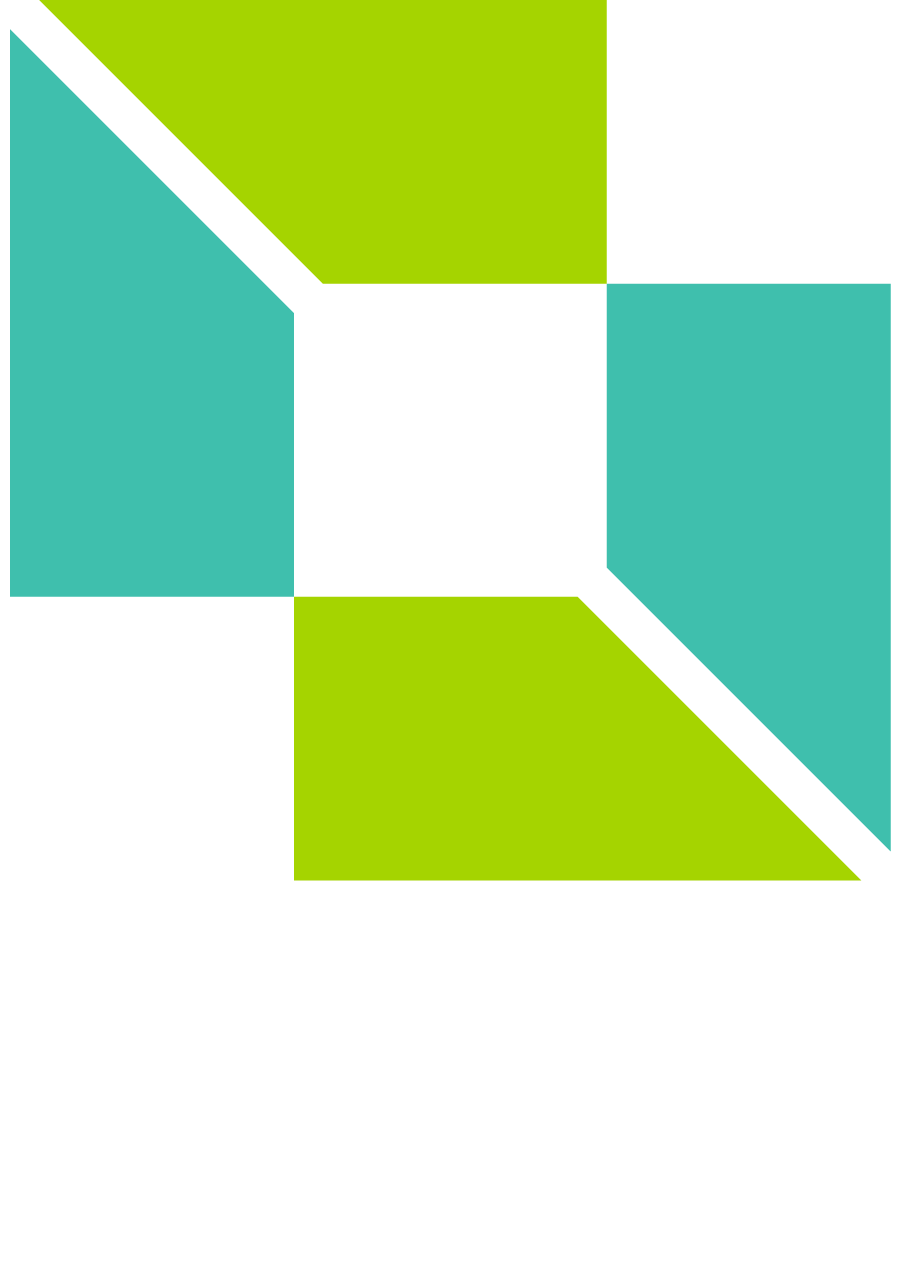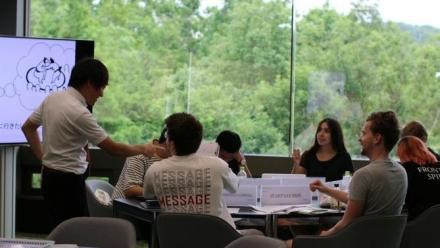In Term 1 of the Global BBA program, Prof. Hakeem Muhammad Mohsin taught ‘Introduction to Economics’ to 1st year students.
As the title itself is self-explanatory, this course provides economic principles (both microeconomics and macroeconomics) and policies affecting the economic environment.
With the course using case method as our Global BBA curriculum is 100% based on Participant Centered Learning, each case introduces basic concepts with real-life examples. Through these illustrations, students are able to understand the theory with better insights as they perceive how such theories can be reflected in the real world.
The diversity of our students is one of the strengths of our Global BBA program, with approximately 30 nationalities in total. For this particular course, we had 11 different nationalities, making the classroom very diverse and the students could learn the economic state of various nations from their peers. Naturally, this leads to one of the learning goals for this course, Diversity Awareness with the two others being Critical Thinking and Ethical Decision Making, as students have to think for themselves and take decisions, based on the theory, cases and experience.
On Week 1, the first case was about the importance of institutions for growth in income, whether they matter or not, and the illustrated example was about post World War II Germany, when it was divided into West Germany and East Germany after the nation’s surrender. Through this natural experiment, the former prospered under a capitalist regime while the latter struggled under communism. However, it should be noted that, despite this example and others around the world, we cannot conclude that capitalism will always lead to a better economic growth and that a centrally planned economy will only result in stagnation. The students, after learning about the free market economy and command economy, will go deeper in order to explore the structure of current economies.
As Term 1 has now ended, we noticed that the recurring comments from the students on their course evaluations were highly positive, about how this course enabled them to really learn and understand basic economics through the theories and cases that brought forward interesting and stimulating discussions in the classroom, all in a very dynamic atmosphere.

 Download
Download
 Infosession
Infosession
 Application
Application
 Open Campus
Open Campus




























